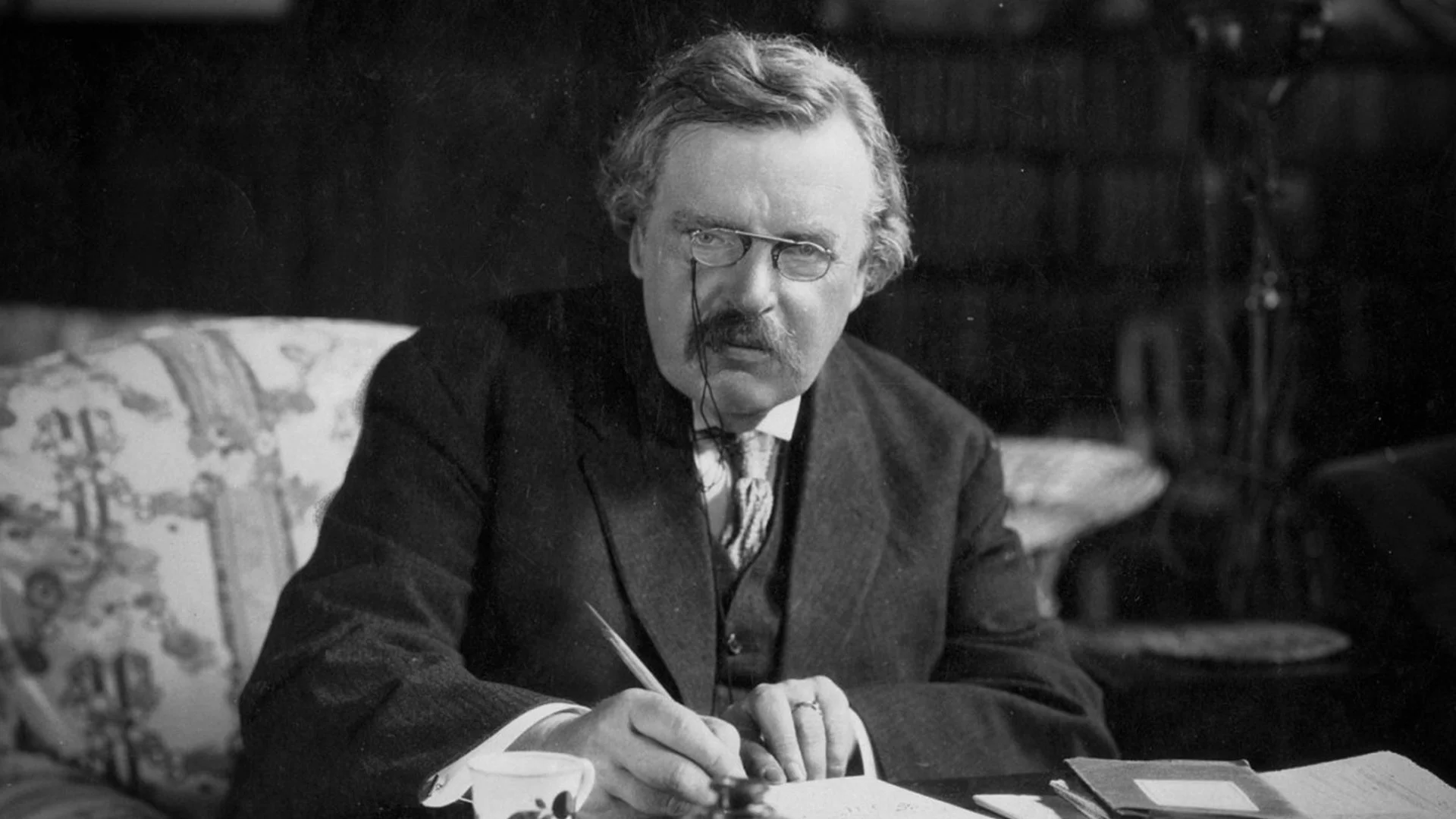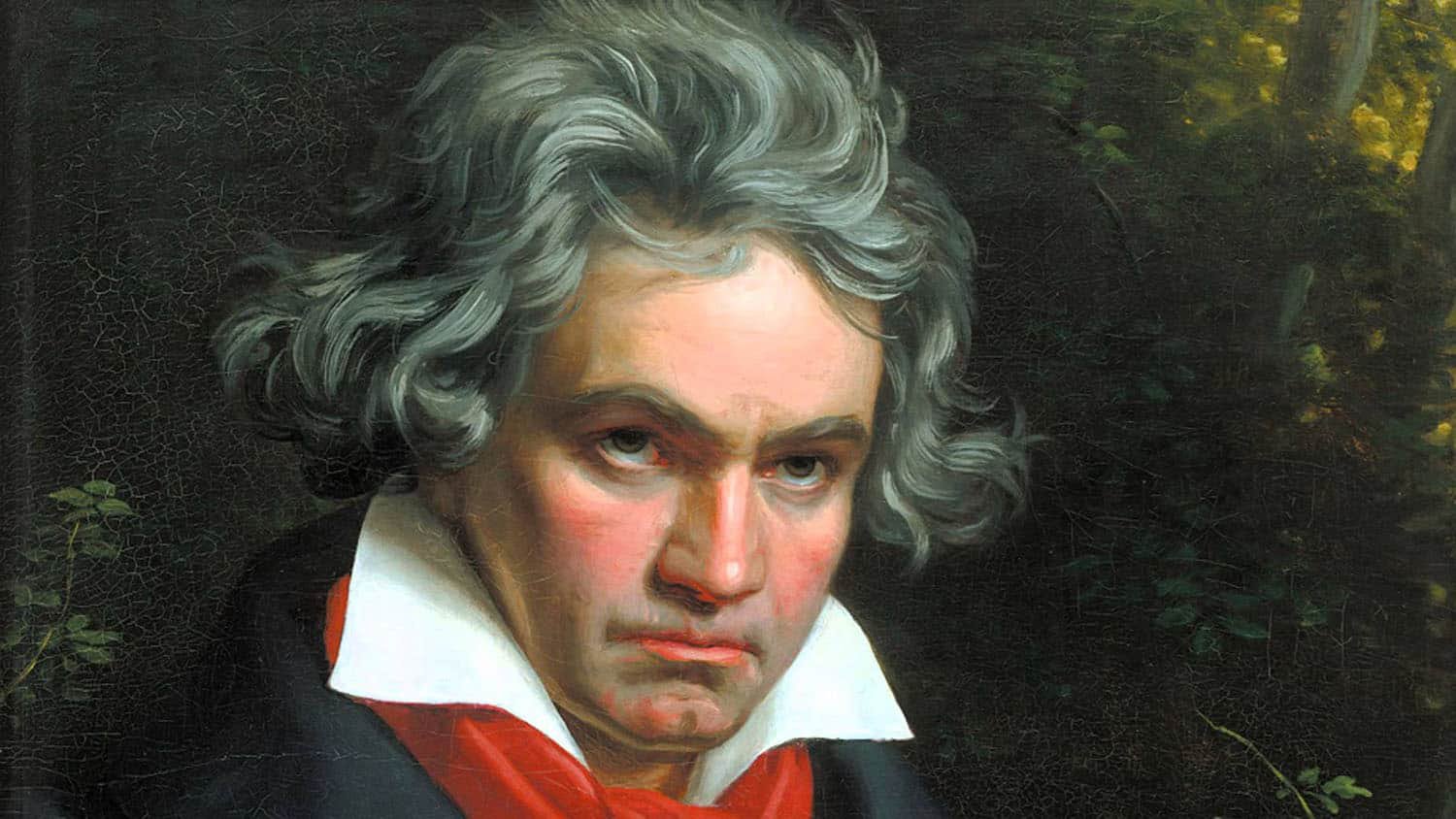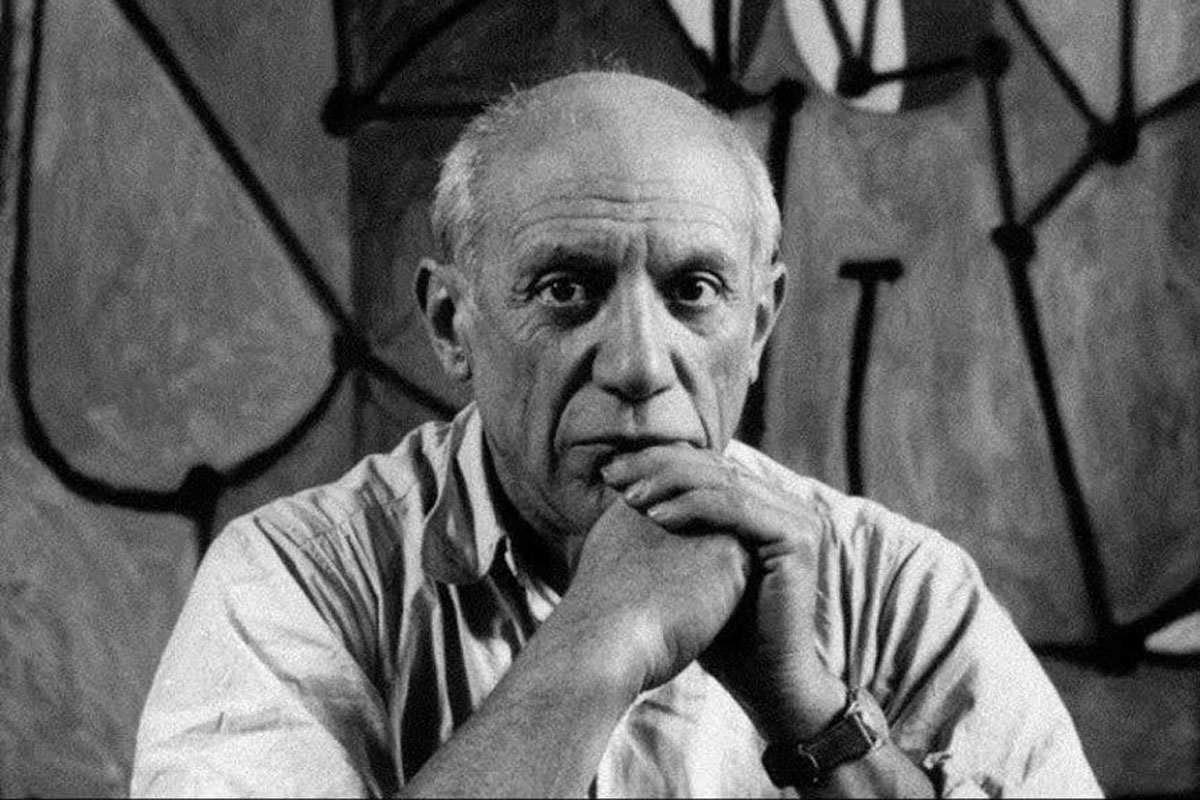This series of articles seeks to examine the character attributes of highly successful leaders, regardless of their adherence to a strong faith or moral standard. In presenting these thoughts, Leadership Ministries is not agreeing with or advocating these traits or practices, but rather presents these as ideas for discussion and development in your own leadership journey.
George Washington (1732 – 1799) was an American military officer, stateman and first President of the United States from 1789 to 1797. Appointed as commander of the Continental Army, Washington helped lead forces to victory in the Revolutionary War. He then served as President of the Constitutional Convention of 1787, helping to draft a new government, which he then led. For these and many more reasons he is called the “Father of the Nation” for his influence, leadership and valor in the formative days of the United States.[1]
Washington was largely self-educated. His formal schooling ended at age 15, but he pursued knowledge his entire life. He was a fearless military leader, often leading his troops in battle on horseback. Despite the widespread fears that he would be shot, Washington was heard to say to his troops, “Parade with me my fine fellows, we will have them soon!” He never abused his power. As president, in a time when there were no term limits and many would have supported a lifetime role, Washington stepped down as president after the end of his second term—setting an important precedent that lasted until the middle of the twentieth century.
The famous story about Washington chopping down a cherry tree and then confessing honestly to his father? Never happened. It was made up by a biographer and first appeared in print many years after Washington’s death. Washington’s father died when he was 11 years old. Postcard: Getty Images
Washington was far from a perfect leader. During his lifetime he had many slaves on his farms, though he also signed laws passed by Congress that curtailed slavery. He wanted to assimilate Native Americans into the culture of the country, but also waged military campaigns against Native American nations that were hostile towards the states. He urged broad religious freedoms. He has been memorialized in countless ways including monuments, a Federal holiday, and appearing on currency and stamps. He is widely regarded as one of the greatest U.S. presidents. In 1976 Washington was posthumously promoted to the rank of General of the Armies of the United States, the highest rank in the United States Army.
Listen well. Washington was known as a good listener. At the time no leader had executive experience, but Washington picked up his skills as a leader and diplomat through building relationships with the men around him, and his military service. He said, “Associate with men of good quality if you esteem your own reputation; for it is better to be alone than in bad company.” When he was elected President, Washington preferred the title “Mr. President” over other suggestions like “His Excellency” or “His Highness the President” because he felt it made him more approachable. He desired to have the ear of his people.
During the Constitutional Convention of 1787, to which Washington was unanimously elected president, he formally spoke just three times—opening and closing the convention and chiming in on what number of people should constitute representation. However, behind the scenes he spent time lobbying every single night at dinner with the various factions. His whole purpose was to keep everybody working together.
Be patient. Washington helped to form a new country, which he knew would take time and skill. But it also took strategic patience—the idea that he had to be selective in focusing on the most important areas of the new government first. Washington said, “I walk on untrodden ground. There is scarcely any part of my conduct which may not hereafter be drawn into precedent.” In today’s world, when someone has power, they want to use it immediately. Indeed Washington did not start out as a patient man. He was exceedingly ambitious and as a young British soldier was known to be impetuous.
Through the long years of the Revolutionary War, Washington learned patience. He persevered in the face of crippling supply and money problems, second-guessing by Congress, and military setbacks, such as the British capture of the American capital, Philadelphia (1777), and the fall of Charleston and the destruction of Camden, in South Carolina (1780)—defeats that made the Patriot cause look uncertain in the extreme.[2]His army had no blankets. Men fought without clothes. At one point they were reduced to eating dogs, the bark from trees and their own boots. By 1777, Washington realized he had to be patient if they had any chance of winning the war, even if it meant delaying an attack and going against the urges of many patriots.
Washington crossing the Delaware River in the dead of winter during the Revolutionary War is one example of how he stayed with his troops, earning their respect and loyalty. Painting: Emanuel Leutze, 1851
Be visible. In Washington’s day, leaders were people of nobility and generally were not public figures. During the Revolutionary War, when British generals went to the cities and stayed in mansions and ate well, Washington remained with his troops. This gave him great credibility with his men and with other leaders. By war’s end, both officers and men were aware of Washington’s sacrifice, of which serving without pay was the least significant aspect.
It was Washington’s willingness to be visible as a leader that brought him to the forefront of the new nation. Because he believed wholeheartedly that the newly-formed United States should be led by a civilian (non-military) government, and have no appointed monarch, he did the unthinkable, resigning as commander in chief of the Continental Army, an act that made him internationally famous. King George III said that if Washington followed through on his promise and retired to his farm, then he would be “the greatest man in the world.” Likewise when offered the opportunity to become “king” of the United States, he refused. These highly visible acts of relinquishing power willingly made him all that much more powerful politically.


































Frank Winfield Woolworth was an American entrepreneur, and founder of the F. W. Woolworth Company. He pioneered the retail variety stores which featured low-priced merchandise selling for 5 and 10 cents.